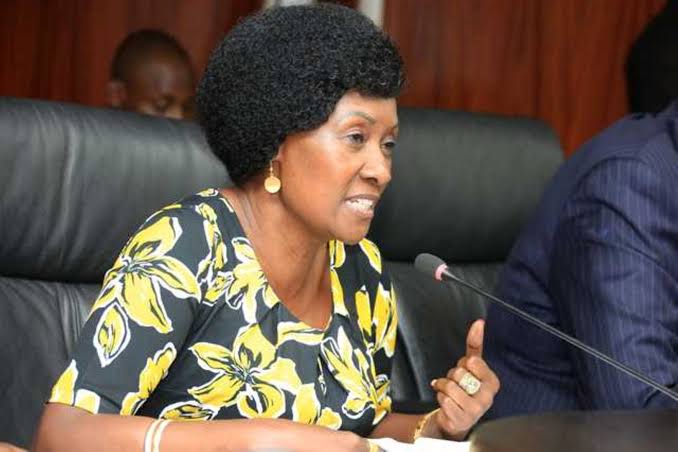Unemployed teachers in Kenya have a reason to celebrate this festive season, as the Teachers Service Commission (TSC) announced plans to recruit 8,707 teachers on a permanent basis starting January. This recruitment drive aims to replace positions vacated through natural attrition, including retirement, resignations, and deaths. While not entirely new positions, these opportunities come as a relief for job-seeking teachers across the country.
According to TSC Chief Executive Officer Nancy Macharia, the vacancies will be distributed across primary, secondary, and junior secondary schools. The lion’s share of the positions 5,862 slots will go to primary schools, while secondary schools will receive 2,824 new recruits.
Junior secondary schools, which have faced criticism for understaffing since the introduction of the Competence-Based Curriculum (CBC), will receive only 21 teachers in this phase. However, TSC plans to bridge the gap for junior secondary schools with a separate initiative to recruit 20,000 intern teachers, signaling a strategic effort to address teacher shortages ahead of the rollout of Grade 9 in January.
The move to hire both permanent and intern teachers comes at a critical time for Kenya’s education system, which has faced significant strain following the transition to the CBC framework. Teacher shortages have been a long-standing issue, with TSC reporting a deficit of over 110,000 educators nationwide. This challenge has been compounded by a growing pool of unemployed teachers, which has now surpassed 380,000.
Despite the recruitment of 20,000 interns and 8,707 permanent teachers, the shortage remains a pressing issue. However, TSC has offered some hope to educators currently employed on a probationary or internship basis. The commission has announced plans to confirm an additional 46,000 teachers in January, a move aimed at providing job security and stability. This initiative will also offer a significant boost to the morale of teachers who have been waiting for permanent employment terms.
Junior secondary schools, which have received the smallest allocation in the current recruitment drive, are poised to benefit from future plans. The 20,000 interns earmarked for these schools are expected to provide critical support as schools reopen in January. Additionally, the gradual confirmation of teachers employed under temporary contracts indicates a broader strategy to address teacher shortages systematically.
While these developments are welcome, they underscore the daunting challenges facing Kenya’s education sector. With a staggering deficit of educators and an ever-growing demand for quality education under the CBC, much remains to be done. The recruitment drive, though significant, represents only a fraction of what is needed to close the gap and meet the needs of learners across the country.
For job-seeking teachers, however, the latest announcement offers a glimmer of hope. As recruitment begins next month, many educators can look forward to a fresh start in the new year.
The combination of new hires, intern placements, and confirmations of probationary staff is expected to bring some stability to Kenya’s education system, but it remains to be seen whether these measures will be enough to address the deep-seated issues in the sector.





